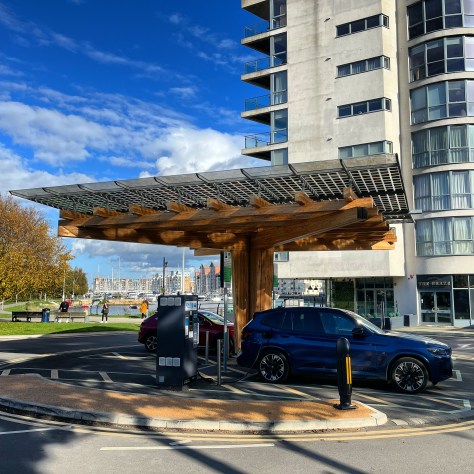Last week I was up in Scotland in a rather damp (and cold) Glasgow for Learning Places Scotland 2023.
I had attended Learning Places Scotland 2022 and had delivered back then a talk entitled How will the growth in online learning shape the future design of learning spaces and our campuses?
This year I had submitted a talk, on building the intelligent campus.
Universities and colleges spend billions on their campuses, yet they are frequently underutilised and are often a frustrating experience for students. In this session, James Clay will describe the campus of the future. How does a traditional campus become a smart campus? What are the steps to make a smart campus, an intelligent campus? The intelligent campus builds on the smart campus concept and aims to find effective ways to use data gathered from the physical estate and combine it with learning and student data from student records, library systems, the virtual learning environment (VLE) and other digital systems. This session will describe what data can be gathered, how it can be measured and explore the potential for enhancing the student experience, achieving net zero, improve efficiency, and space utilisation. It will demonstrate and explain to the delegates what the exciting future of the intelligent campus. James will also ask delegates to consider the ethical issues when implementing an intelligent campus as well as the legal requirements.
This is a variation of a talk I have given many times before on what we understand by the term intelligent campus. How you can evolve your estate from the non-smart or dumb campus, the smart campus, through to what turns your smart campus to an intelligent campus.
It also covered some of the challenges and issues that can arise when building an intelligent campus. This included data challenges, proprietary systems which are closed to data inputs and outputs, silo working, data challenges, ethics, privacy, legal, data literacy, and other issues.
We had some interesting questions after my presentation alongside my co-presenters.
I attended a range of other sessions as well. This event covers all of Scottish education from primary to university. There is a real focus on schools, but still there is something that other sectors can learn from the school sector, even if it is just benchmarking where your learning spaces are.
















